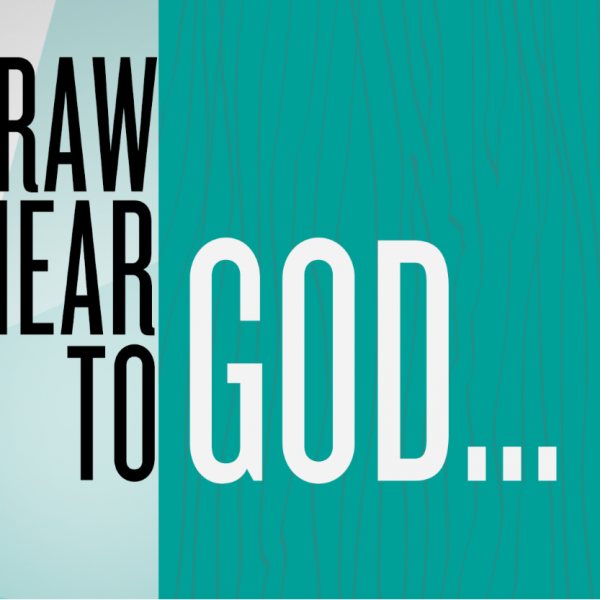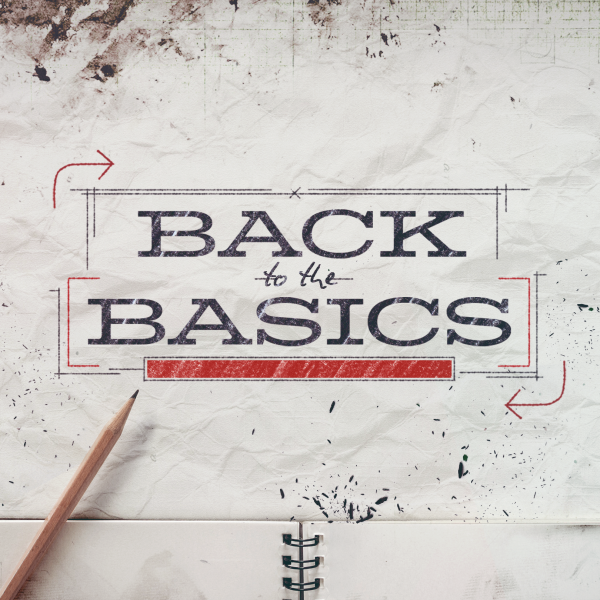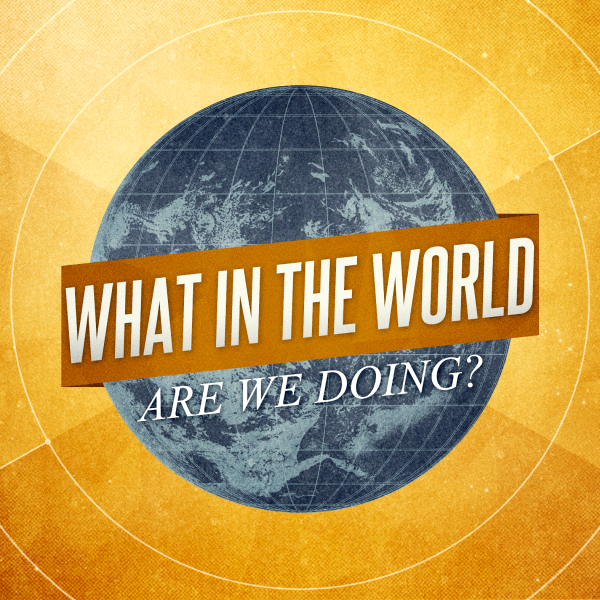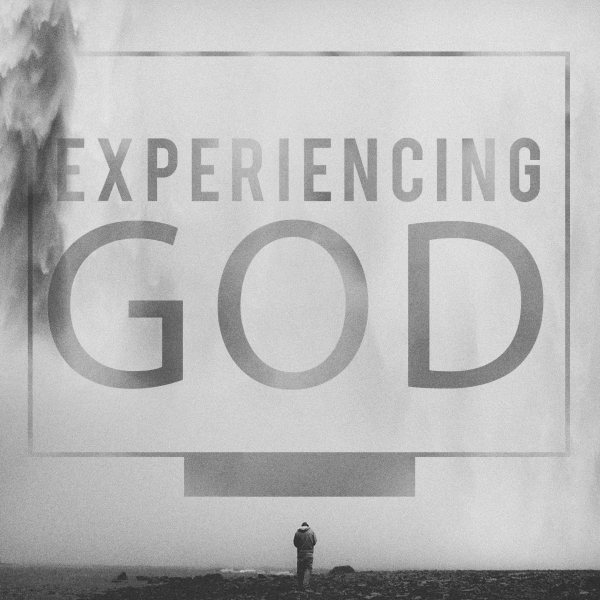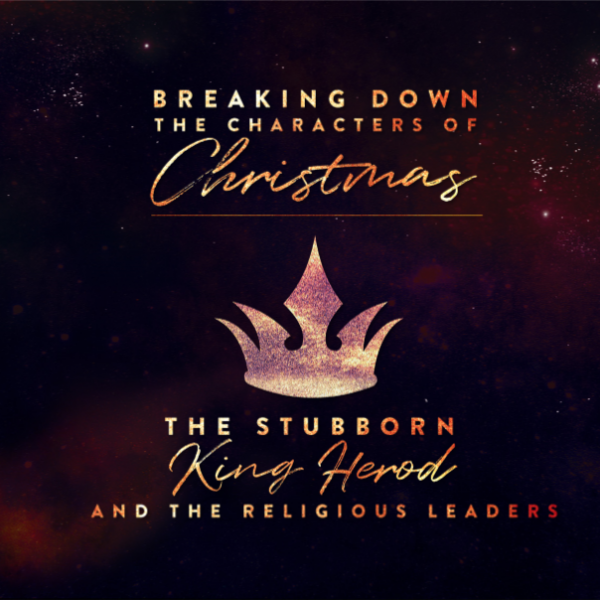God Opens Eyes
- Do we have to “pay” in this life when we have done something bad? Do children have to pay for the bad choices of their parents?
Read John 9:1-12
- How did the disciples explain the fact that this man was born blind?
- Does this line of reasoning still exist today?
- How does Jesus explain the situation?
- Jesus proceeds to heal that man. What is the significance of the healing? How does it relate to Jesus’ explanation?
- What is the significance of the way Jesus healed the man?
- The man does not seem to know who Jesus really is at the time of his healing. All he knows is what Jesus did for him. Only after a second encounter with Jesus does he “see” who Jesus is (v.35-38). How do you explain this? What can you learn from this?
- If you read the rest of the chapter you will notice that this healing triggers a lively dialogue between the bystanders, Pharisees, parents and Jesus. The theme: who is actually blind and who is not. So, who is “blind” and who is it that “sees” according to this story?
- Where are you on this spectrum?
Experiencing God: There Has Got To Be More
Read John 5:1-16
1. There are three “players” in this story. As you read through the passage, write down all you can about each player. Specifically look for the “feeling” in this story.
a) Jesus
b) The lame man
c) The Jews
2. As you dig through this story, how much faith did the lame man have?
3. What does this tell us about the compassion of God?
4. What was the issue the Jews were so worked up about?
5. From what you have gathered, what is the reason John has included this story in his Gospel?
6. Read verses 17 and 18. This was a turning point in the life and ministry of Jesus!
7. Is there anyone God has placed in your path who needs the compassion of Jesus in their life this week (regardless of what their response may be)? Picture the person God may have brought to your mind and come up with a plan for action! Then go and love people as Jesus loves you!
Caution: God at Work!
1. What do you know of the story of Jonah? What have you heard, perhaps from Sunday school?
Read Jonah 1:
2. What did God want Jonah to do?
3. How did Jonah respond?
4. Why did Jonah head off to Tarshish instead of Nineveh?
5. What do you make out of the fact that while the crew of the ship fights for survival Jonah is sound asleep in the bow of the ship?
6. While Jonah runs from the presence of God, he finds himself not out of reach from God. What storms in your life served as reminders of God’s inescapable presence?
7. Do you think Jonah anticipated to be rescued when he asked the sailors to throw him overboard?
8. “I’d rather die than obey!” Can you imagine a situation where you would say these words?
9. When has running away from God brought you (and/or others) into trouble?
10. Do you think Jonah’s rescue by a fish is factual or symbolic? Explain.
11. How has God rescued you in spite of your disobedience?
Breaking Down the Characters of Christmas: The Stubborn
- Share moments in your life when you tried to prevent the inevitable. What would you do differently in hindsight?
- Jesus was born into a time of violence and fear, spearheaded by a paranoid, neurotic king. But God made sure His Son survived. How was this knowledge a source of comfort to His people then, and can be for you today?
- Jesus, together with Joseph and Mary, lived as refugees in Egypt for several years. How would this be relevant today?
- Innocent children had to die because Herod wanted to secure his power. How does this play out in our society today? Where do you see the powerful and mighty defend their status at the cost of the innocent? Has the church ever done that in history?
- The Messiah came and survived in spite of the efforts of Herod. You can’t stop the unstoppable God. How do you see this play out today? In your life?

